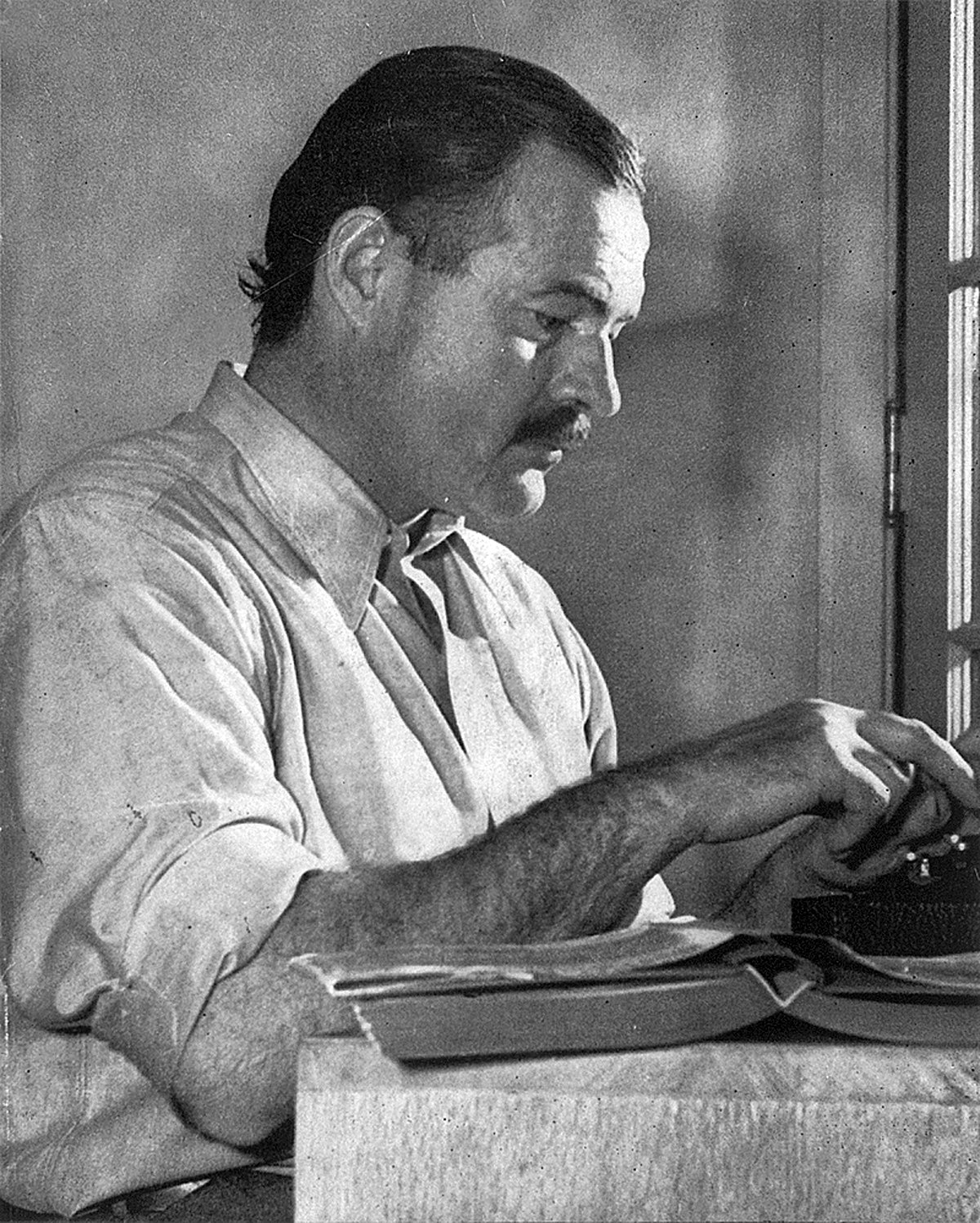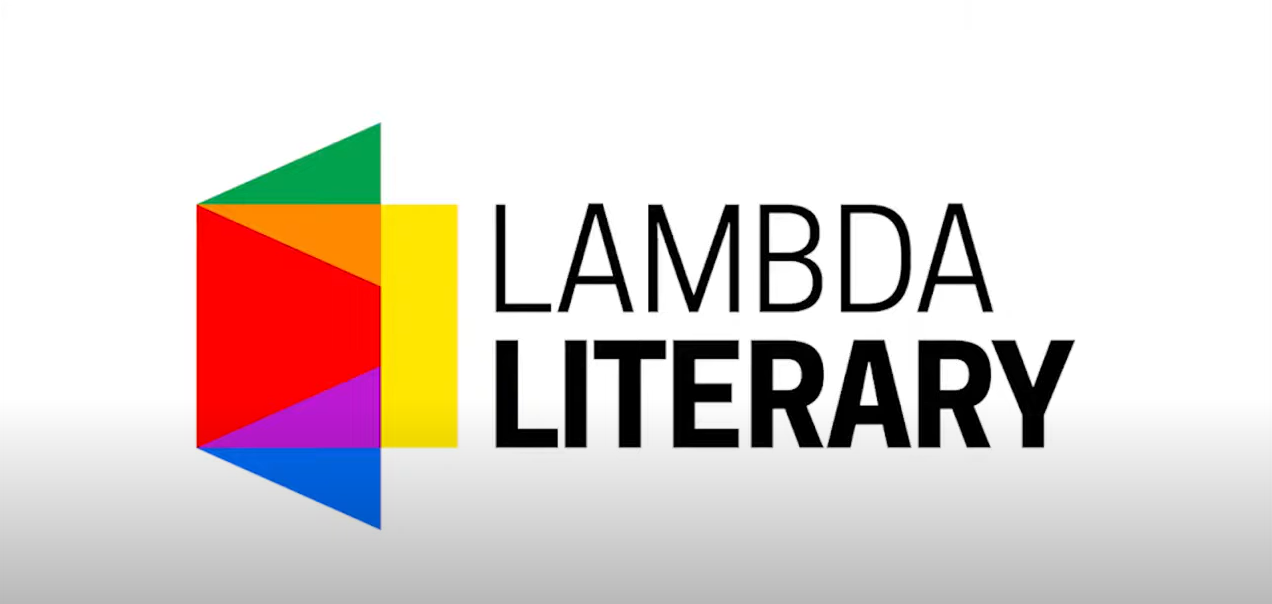When it comes to online searches, search engines are an excellent tool. They offer wide reach and ease of use, making them the first stop on your search for a book by plot.
Utilizing Google
Google’s extensive database and advanced search algorithms make it a powerful tool for finding book titles by plot. Here’s how to maximize your Google search:
Keywords
Remember to input all the key plot points, characters, and specific book elements into the search bar. These can include:
- Character names and traits: These are often unique and can narrow down your search considerably;
- Key plot points: Important events or twists can often help identify the book;
- Specific phrases or lines: If a certain line or phrase stuck with you, include it in your search;
- Genre: This helps in categorizing the search;
- Book’s structure: Was the book a novel, a novella, or part of an anthology?
When using these keywords, remember to enclose the phrase in quotation marks for an exact search.
Google Books
Google Books offers a ‘full view’ option where you can search the full text of books. This can be especially useful when you remember certain phrases or specific plot points from the book.
Advanced Search
Google’s Advanced Search can help narrow down your results. This tool allows you to search within a specific website or domain, exclude words, and search in other languages.
Other Search Engines
While Google is the most popular, other search engines like Bing, Yahoo, and DuckDuckGo can also provide valuable results, especially if you’re looking for non-English books.
Harnessing the Power of Online Communities
The collective knowledge of online communities can be an invaluable tool when looking for a book title by plot.
Goodreads
Goodreads has a vast user base of voracious readers who love to help each other out. The group ‘What’s the Name of That Book???’ is specifically for readers who can’t remember book titles but can describe the plot.
- Joining the Group: Once you’ve created a Goodreads account, you can join the group;
- Posting a Query: Write a detailed description of the book’s plot, characters, and any other information you remember;
- Responding to Suggestions: Regularly check and respond to suggestions.
Reddit hosts various subreddits that could be helpful:
- r/whatsthatbook: This subreddit is specifically for finding books by plot;
- r/tipofmytongue: This subreddit is for identifying anything that you can’t quite remember.
Remember to follow the specific rules each subreddit has for posting.
LibraryThing
LibraryThing’s ‘Name that Book’ group operates similarly to Goodreads, allowing users to post descriptions and respond to other users’ posts.
Quora and Yahoo Answers
Posting a detailed description of the book plot on these platforms can also lead to helpful responses from the community.
Exploiting Book-Finding Services
Several online services are dedicated to helping users find books.
WorldCat
WorldCat is a global catalog of library collections. While it’s primarily designed to search for books by title or author, it can also be used to find a book by plot.
- Search Function: Enter a detailed description of the book plot into the search bar;
- Filtering Results: You can filter the results by format (book, e-book), audience (adult, juvenile), content (fiction, thesis), and more.
BookFinder
BookFinder allows you to search for a book across various online retailers. While it primarily works with book titles and authors, you can also use plot details as keywords.
ZLibrary
ZLibrary hosts a vast number of books and articles in various languages. It can be a good place to search, especially for non-English books.
Engaging with Librarians and Booksellers
Librarians and booksellers, with their wealth of knowledge, can often provide valuable assistance.
Ask a Librarian
Many libraries offer ‘Ask a Librarian’ services. These can be both in-person or online.
- Local Libraries: Speak to a librarian, giving them as much information about the plot as you can;
- Online Libraries: Many libraries, like the Library of Congress, offer online chat services with librarians.
Independent Booksellers
Many independent booksellers have a wide knowledge of books, and they might be able to help you identify your book.
Conclusion
Finding a book title by plot can be a challenge, but it’s far from impossible. From harnessing the power of search engines and online communities to using dedicated book-finding services and asking librarians or booksellers, there are many resources at your disposal. Even with the barest details, the book you’re looking for could be just a search away.
FAQ
The more detailed your description, the higher the chance of finding the book. Include character names, specific events, locations, or any unique elements.
Yes, besides using the native language for your search queries, you can use non-English book finding services, forums, and online communities.
For niche genres, find dedicated online communities or forums that specialize in that genre. For obscure titles, older publications, or out-of-print books, specialist booksellers, libraries, and used book stores might have the necessary information.
Yes, some online communities, like Reddit’s r/whatsthatbook, accept descriptions of the book cover. You can also use Google Images to search for the book using a description of the cover.
Absolutely. The methods described can be used to find any written material, provided you have enough information to guide your search



